Description
Carmelo Bosco is largely considered one of the greatest exercise physiologists and sports scientists of the XIX Century. Born in Militello (Catania, Italy) on July 4th, 1943 Carmelo Bosco earned a Ph.D. in Exercise Physiology and Sports Biomechanics at the University of Jyvaskyla in Finland (1982) and a Ph.D. in Sports Biology at the University of Saint Etienne in France (1992). Dr.Bosco spent well over 40 years in coaching and academics, conducting research on elite-level athletes, and collaborating with some of the leading experts in the field of sports science and exercise physiology. In a career that spanned three decades, from 1975 to 2002, Dr.Bosco published nearly 200 scientific papers and 7 books on a variety of topics, from strength training for sport to muscle physiology, from electromyography to biomechanics, bioenergetics, and endocrinology. His work is well-known and highly respected by the scientific community around the world, from Russia to the United States of America. His books have been translated into Spanish, Portuguese, France, and now English. Alongside Dr.Yury V.Verkhoshansky and Dr.Pavo V.Komi, Dr.Bosco has contributed to shedding light on the mechanics of muscle contraction, looking at the physiology of the stretch-shortening cycle and its applications in sport. Between 1983 and 1996 Dr.Bosco has pioneered some of the very first studies on velocity-based training, providing evidence to support best practice in neuromuscular profiling and periodized resistance training for sport. Dr.Bosco passed away on November 22nd, 2003 in Rome. His masterpiece “La Forza Muscolare” was first published in 1996. This book is the original and genuine translation of its second edition published back in 2002. Strength Training. From Muscle Physiology to Program Design, the Science of Strength Training for Sport by Carmelo Bosco, Ph.D. covers a broad variety of topics, including: advanced concepts of muscle physiology, muscle mechanics, bioenergetics, athlete profiling, periodized resistance training, program design, plyometrics, velocity-based training, athlete monitoring, and much more. This book also includes a detailed analysis of the Bosco test and its many applications in strength and condtioning. Bosco’s original studies on elite-level athletes are covered in great depth. Some of these papers have never been published in English before. This book will provide practitioners in the field of strength and conditioning with a better and more applicable understanding of different means and methods of training to improve strength and power, including alternative models of periodized resistance training for individual and team sports.
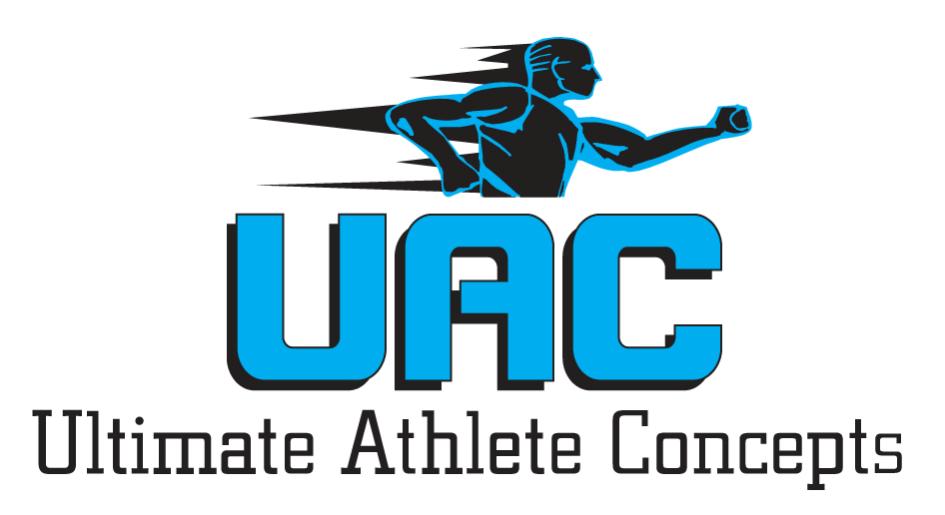
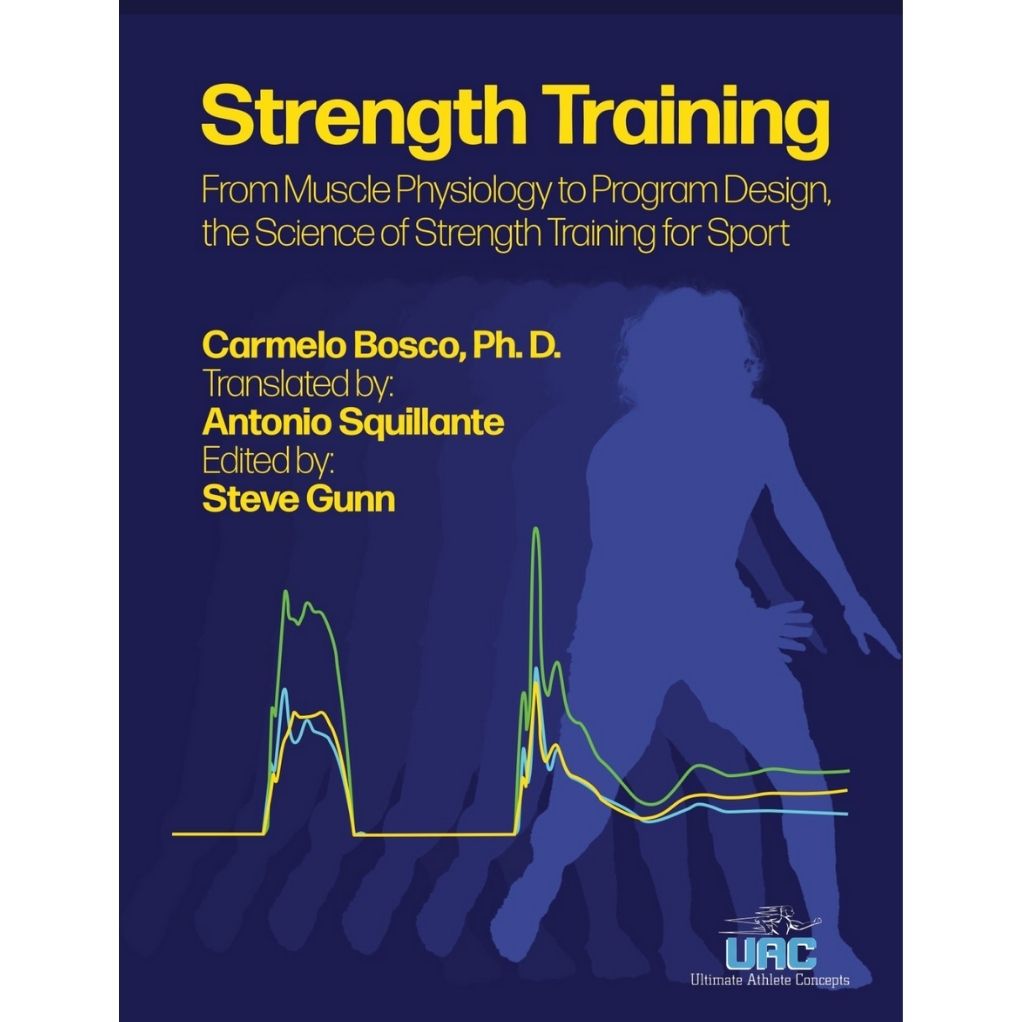
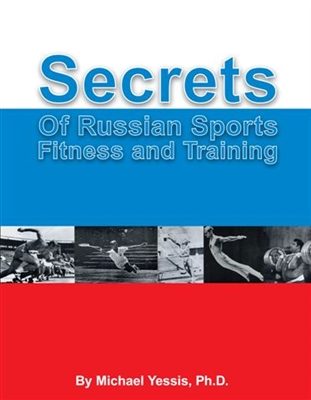
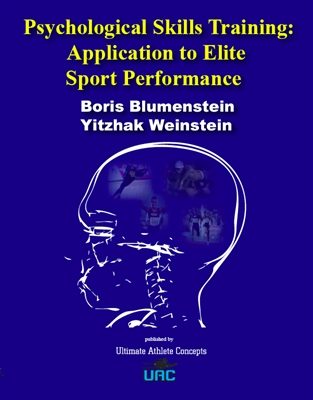

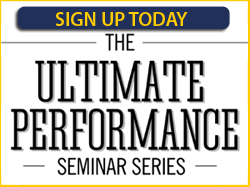

Reviews
There are no reviews yet.